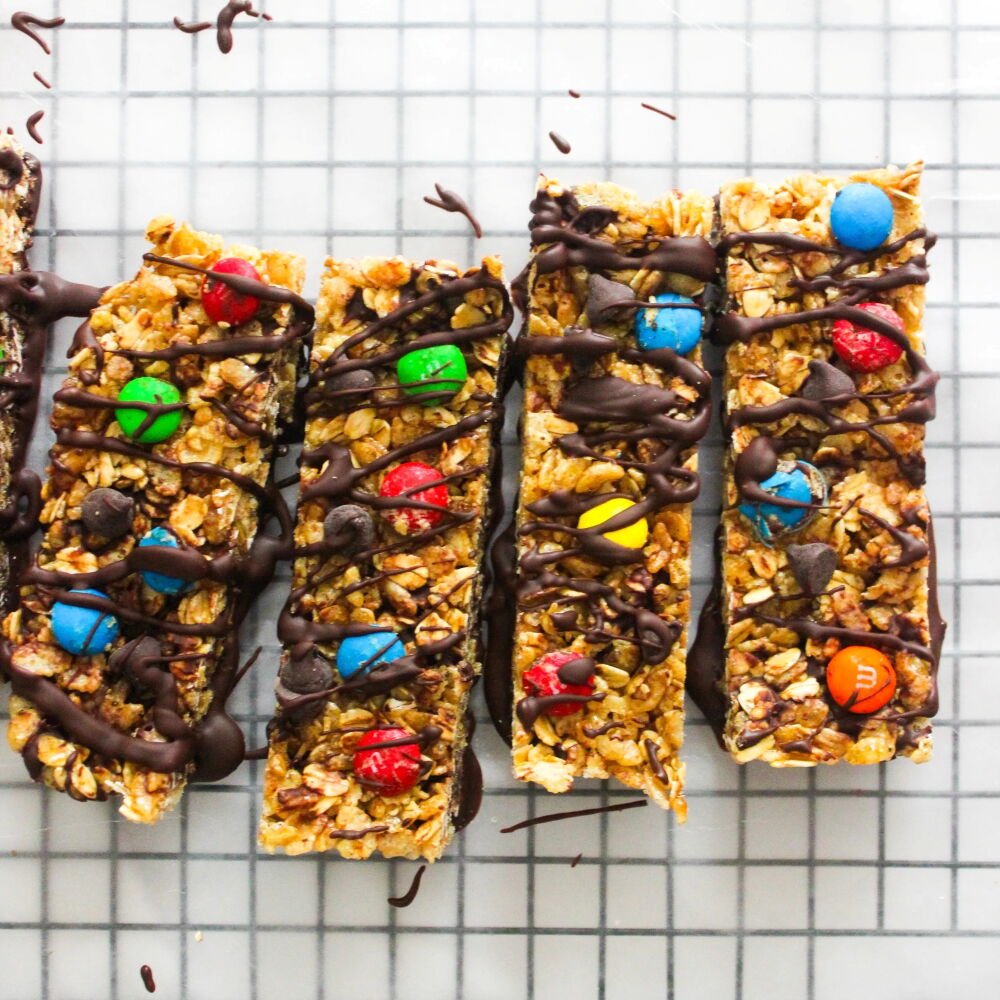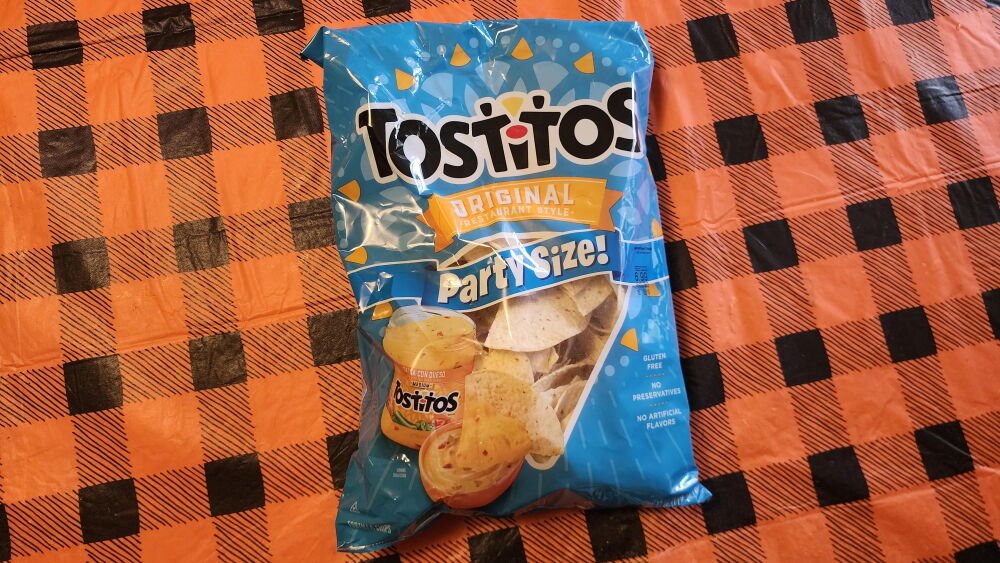- Mars could not explain why Kudos bars were discontinued in 2017.
- Their “healthy” status was questioned owing to their granola content and candy-like chocolate covering.
- Changing customer demand for transparently healthy snacks and more competition contributed.
- Mars’ strategy transition shown by its acquisition of Kind bars signals a shift toward health-focused products.
Kudos bars were a childhood favorite for many 1980s and 1990s kids. These 1986 Mars, Incorporated chocolate-covered granola bars were marketed as a healthy alternative to candy bars. Despite their nostalgia and early success, Kudos bars were discontinued in 2017. This article examines the discontinuation’s many causes, consumer trends, and Mars’ business decisions.
Looking Back: Kudos Bars’ Rise
The initial Kudos bars combined the benefits of granola with the enjoyment of chocolate. They were popular with families and kids because to its nutty fudge, chocolate chip, and peanut butter tastes. Catchy phrases and sympathetic visuals helped establish them as a quick, “healthier” snack option.
Marketing and Popularity in 1990s
Kudos bars were common in lunchboxes and sports events in the 1990s and early 2000s. Mars used memorable TV advertisements to promote the bars as the perfect sports or school companion. Even though the bars had a thick, candy-like chocolate covering, these advertising emphasized the granola component to promote the snack’s healthiness. This dual identity created unclear market positioning that contributed to the product’s demise.
Contested Health Story
The health food label of Kudos bars was a major issue. The thick chocolate covering on Kudos bars contradicted the health benefits of granola. Consumers noticed this gap, especially when health and nutrition trends shifted toward openness and real health benefits.
Health Claim Confusion
Although promoted as a granola-based snack, Kudos bars contained a lot of chocolate, which many saw as a misleading health promise. Nutritional awareness rose in the early 2000s, thus customers scrutinized snack labels. They found that the granola part implied wholesomeness, but the chocolate covering made the bars more like confectionery.
Changes in consumer tastes
As customers became more aware of nutritional composition and ingredient origin, Kudos bars’ basic depiction as healthy no longer resonated. Shoppers preferred snacks with evident advantages including greater fiber, protein, and fewer processed foods. Brands that could prove their health claims gained market share, making Kudos bars less appealing.
Market Competition and Snack Change
The snack bar market changed as customer expectations changed. New brands targeted health-conscious consumers with more transparent nutritional advantages.
Health-focused brands compete more
Clif Bar and Kind Bar revolutionized health snacks in the early 2000s. These rivals promoted natural ingredients, nutritional value, and fiber and protein labeling. Products that claimed to be convenient and nutritious gained popularity.
Table of Comparisons
| Feature | Kudos Bars (Original) | Clif Bar (Chocolate Chip) | Kind Bar (Dark Chocolate Nuts & Sea Salt) |
|---|---|---|---|
| Calories per Bar | ~100-130 | ~250 | ~200 |
| Fiber (grams) | Low (not explicitly stated) | 4 | 7 |
| Protein (grams) | Low (not explicitly stated) | 10 | 6 |
| Chocolate Coating | Yes | No | No |
| Market Positioning | Healthy, yet ambiguous | Energy-focused, nutritious | Natural ingredients, clearly healthy |
This table shows how Kudos bars failed to maintain credibility in a market that prioritized nutritional substance over perceived wellness.
Branding and Consumer Trust
Consumer trust changed as rivals followed health trends. Clear-benefit products dominated the market. In a transparent world, Kudos bars struggled with their confusing messages. Any product identity uncertainty was no longer acceptable as brands that claimed health advantages and supplied verified nutritional data gained popularity.
Mars’ Strategic Change and Kind Acquisition
Mars’ deliberate adaptation to market changes is a key feature of Kudos bars. Kudos bars were formerly popular, but the brand has since adapted to new tastes.
Discontinuation Statement and Consumer Impact
Mars announced the end of Kudos bars on social media in 2017. Although short, this announcement left many people nostalgic and angry. The loss of a snack with significant emotional and cultural meaning saddened loyal admirers on many internet platforms.
Repositioning: Kind Bar Initiative
Mars strategically acquired Kind North America three years after dropping Kudos bars. The acquisition highlighted a move toward items that fulfill the needs of health-conscious consumers. Kind bars emphasize natural ingredients, transparency, and balanced nourishment, unlike Kudos bars. Mars may have realized it needed to change its product lineup to compete in a fast-changing market.
Important Strategic Considerations
- Health Transparency: Kind bars disclose their nutritional composition, including fiber and protein levels, something current customers want.
- sector Relevance: Mars entered a burgeoning snack sector focusing on health advantages after the acquisition.
- Brand Synergy: Mars became a forward-thinking industry leader by dropping a product with unclear health claims and investing in a strong, healthy brand.
Consumer nostalgia vs. modern trends
After their demise, Kudos bars still elicit nostalgia. These bars recall people of simpler times when advertising was peppy and food were part of childhood memories. However, nostalgic value does not necessarily translate into long-term business viability, especially when consumer tastes move toward health-benefitting items.
Consumer Feedback and Home Recipes
Fans expressed their sadness and shared recollections of Kudos bars on online forums and social media after the closure. Some fans tried their own concoctions to replicate Kudos bars’ flavor. This pattern shows the product’s continuing effect and the disconnect between nostalgic comfort and new health requirements.

Managing Nostalgia and Nutrition
Although people miss abandoned items, the market expects constant innovation. To achieve nutritional transparency rules, firms have had to rethink their product ranges and abandon older products. In a market that today values clear health advantages, Kudos bars, which were both granola and candy, couldn’t reconcile these two notions.
Lessons from Discontinuation
The Kudos bar tale illuminates product lifecycle management, customer behavior, and strategic brand evolution. Companies in the competitive food and snack market must balance nostalgia with innovation. A distinct, trustworthy product identity is vital as consumer preferences change.
Important Lessons:
- Transparency is Key: In a market with extensive nutritional information, product message must be clear.
- Legacy products may fail if they don’t adapt to market trends. Staying relevant requires constant innovation and adaptability.
- Strategic Brand Portfolio Management: Mars switched from Kudos bars to Kind bars to meet current health trends.
- Balance Nostalgia with Modernity: While nostalgia can boost short-term loyalty, long-term success depends on matching customer beliefs and tastes.
Broader Snack Industry Implications
Kudos bar discontinuance reflects snack industry shifts. Healthy and appealing snack foods have changed over the past several decades. Companies have rethought their product lines due to the need for clean labeling and whole, minimally processed goods.
Snack Industry Trends in Health Focus
- Increased Transparency: Consumers increasingly want ingredient and nutritional information.
- Rise of Functional Foods: Snacks with extra fiber, protein, or vitamins are becoming more popular.
- Sustainability and Ethics: Modern customers are examining food production’s environmental and ethical impacts beyond health.
- Innovation and Diversification: Companies are offering high-protein snacks for athletes and low-calorie snacks for weight-conscious consumers.
Conclusion
Overall, Kudos bars were discontinued in 2017 for a variety of reasons. Due to its unclear label as a “healthy” snack and rising customer demand for transparent, nutritional choices, Kudos bars failed to stay relevant. Mars’ strategy shift—including the acquisition of Kind bars—shows the necessity to adjust to market changes. Kudos bars are remembered by sentimental fans, but their removal shows the significance of meeting new consumer demands.
KUDOS bars were initially advertised as?
Kudos bars were created as a chocolate-covered granola bar that combined the health advantages of granola with the delight of chocolate, marketing themselves as a healthier candy bar alternative.
What changed customer attitudes of Kudos bars?
Consumers gradually scrutinized nutritional claims. The bars’ candy-like chocolate covering and granola-based marketing raised questions about their nutritional advantages.
How did competition affect Kudos bars?
In a competitive market with Clif and Kind bars giving unambiguous nutritional advantages, Kudos bars struggled to justify their hybrid identity. Consumers preferred items with proven health advantages.
What strategic adjustments did Mars undertake after discontinuation?
Mars switched to healthier snacks after eliminating Kudos bars in 2017. This strategy move was reinforced by the purchase of Kind North America, which met current customer preferences for natural, transparent components.
Do Kudos bars still evoke nostalgia?
Many customers miss Kudos bars. Online forums still talk about the food, and some aficionados try to make their own bars, demonstrating its continuing effect.
Kudos bar discontinuation: what does it say about the food industry?
The termination reflects snack industry tendencies toward openness, nutritional value, and clean labeling. It emphasizes the necessity for businesses to adapt and meet customer expectations.
Could Kudos bars return?
Despite nostalgic desire, a reappearance would require a total formulation and marketing campaign makeover to match today’s strict health regulations and customer expectations.




